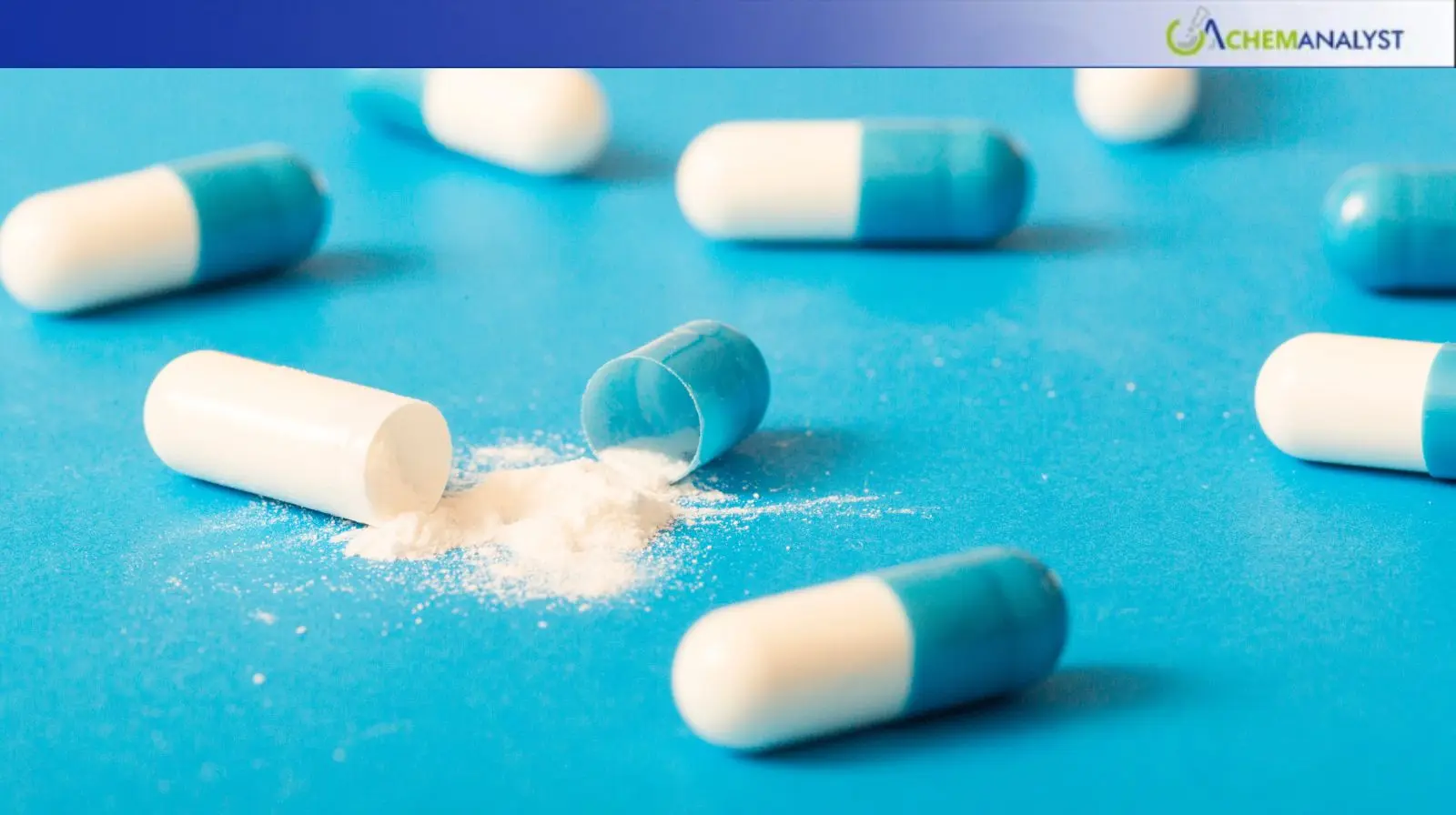Welcome To ChemAnalyst

In September, prices of Aspirin fell in Germany, in line with the trend for the last month, primarily because of falling demand from China, the biggest source of Active Pharmaceutical Ingredients. German importers have already stockpiled over China's Golden Week, so there has been smaller demand for further purchases and falling prices. Inflation in Germany is still high at 2.4%, and thus consumers are cutting back on spending. The European Central Bank has left interest rates steady, which suggests optimism in the economy. Pharm supply chain reforms, such as eliminating the Peak Season Surcharge, have led to an attractive buyer's market, with additional fuel for price reductions. Market analysts foresee Aspirin prices climbing in the next few months on the basis of stabilizing demand and possible supply shortages. Expecting such hikes, distributors and suppliers are reorienting their purchasing schedules, discounting and pre-ordering supply deals in an attempt to negotiate improved terms ahead of when prices rise.
Key Highlights:
Aspirin, the most prescribed medicine, saw prices drop of around 4.9% in Germany during September, following the downtrend of the previous month. Prices fell following a decline in China, the principal source of the APIs like Aspirin, owing to diminishing demand, supported by strategic readjustments of inventory.
Various reasons account for the drop in the prices of Aspirin in Germany. To begin with, the price fall reported by Chinese buyers for Aspirin had also influenced German imports. Secondly, German buyers had already stocked up expecting a drop when China's Golden Week holiday took place during the first week in October and thus dropped the demand to buy more during September. In addition to this stockpiling action and others' price cutting within the market were principal powers moving toward the depreciation of Aspirin prices within Germany.
The softening of prices in Germany is due to inflation making consumers tighten their purses. German inflation, based on preliminary data, still stands at 2.4%, a record high since February, and increased for the second straight month. During the recent policy session, the European Central Bank (ECB) left interest rates unchanged for the second straight month. This reflects the confidence of the ECB in the economy and indicates no short-term plans to decrease interest rates.
Changes have been made in the pharmaceutical supply chain in response to external factors. Normally, the Peak Season Surcharge (PSS) would apply until October 15, but it has been cancelled. Carriers have felt subdued demand, withdrawn the General Rate Increase (GRI) of September 15, and are now implementing cuts to counteract demand destruction. The market environment appears to be more favorable to buyers, which may explain why multiple shipping lines have decided to extend their current rates through October 14, supporting the decline in Aspirin prices.
The price of Aspirin, as forecasted by market analysts, is likely to increase in the next few days. Given the signals of stabilizing demand in the downstream sectors and the possibilities of supply shortages, the prices might start rising. Industry players are watching closely to estimate when demand would be more apparent, particularly following the Golden Week post-season.
German distributors and suppliers have started adjusting their purchase plans with expectations of price hikes in Aspirin in the future. Some of them are rushing forward with their purchases strategically, and others are re-negotiating their supply contracts to avail themselves of good prices before prices rise. The overall mood is based on a preemptive response to inventory control in expectation of the revival of demand.
We use cookies to deliver the best possible experience on our website. To learn more, visit our Privacy Policy. By continuing to use this site or by closing this box, you consent to our use of cookies. More info.
